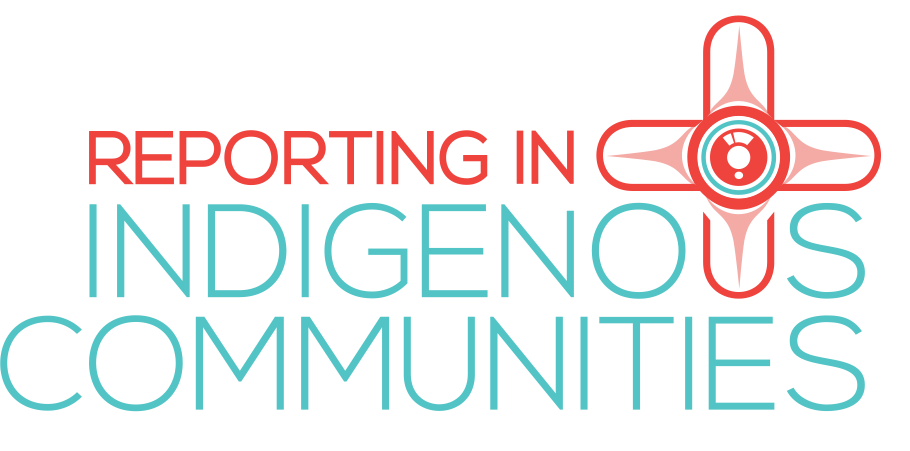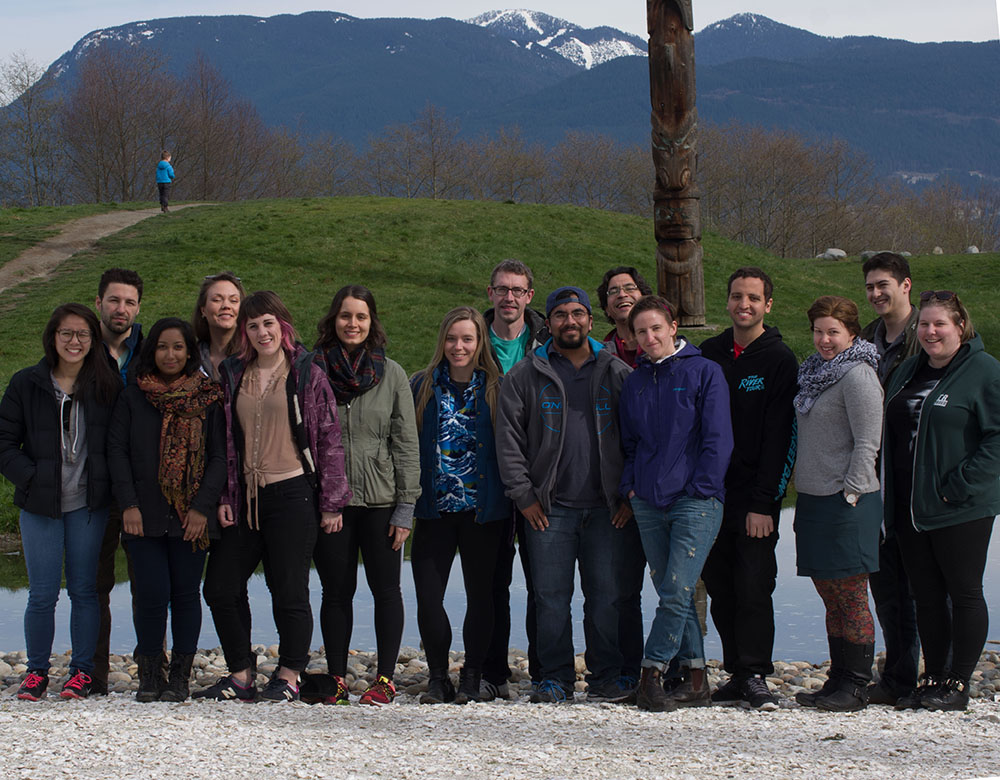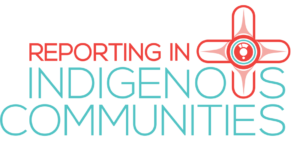From the UBC Graduate School of Journalism: Reporting in Indigenous Communities, the only journalism course in Canada to focus exclusively on Indigenous news stories. Under the guidance of award-winning CBC-TV journalist Duncan McCue and professor Kathryn Gretsinger, fourteen students produced reports on sexuality in Indigenous communities across British Columbia’s Lower Mainland.
Our community partners include the Squamish Nation, Tsleil-Waututh First Nation, Tsawwassen First Nation, Sto:lo Tribal Council, Sto:lo Nation, and the Metro Vancouver Aboriginal Executive Council.
Our mainstream media partners are CBC Vancouver and CBC Aboriginal. Our stories were featured in a week-long series of stories about Indigenous sexuality in April 2016 on CBC Radio One’s The Early Edition and CBC Aboriginal online.
Our Team
Reporters: (l-r) Peggy Lam, Stefan Labbe, Cherise Seucharan, Lauren Kaljur, Emily McCarty, Eva Uguen-Csenge, Megan Devlin, Curtis Rowland, Rohit Joseph, Duncan McCue (Professor), Sophie Woodroffe, Leonardo Coelho, Zoë Ducklow, Alexander Kim, Emily Blake
Web Editor: Chantelle Bellrichard
Teaching Assistant: Wawmeesh George Hamilton
Radio Producer/Professor: Kathryn Gretsinger
Senior Editor/Professor: Duncan McCue
Our Logo
The logo for our Reporting in Indigenous Communities website is a Coast Salish-inspired design, in recognition that the University of British Columbia is located on the traditional territory of the Musqueam First Nation and to acknowledge the Coast Salish heritage of the First Nations we cover in B.C.’s Lower Mainland.
The camera lens in the middle signifies our role as Journalists and Witnesses, and symbolizes a circle that, in many Aboriginal cultures, represents interconnectedness.
Attached to the lens, the logo has crescents and trigons — key design elements of Salish art. Salish artists often combine these symbols to represent a feather.
Our logo has four crescents that symbolize the Four Directions, in recognition that Indigenous people from many different Nations now call Vancouver and the Lower Mainland home. Likewise, our students at the UBC Graduate School of Journalism come from across Canada and around the world.
Lenkyn Ostapovich of UBC Arts’ Instructional Support and Information Technology designed our logo.
Our Title
“All my relations” is a phrase commonly used by Indigenous peoples throughout Turtle Island as a blessing and a call to unity in ceremonial gatherings and prayers. It expresses a central tenant of many Indigenous worldviews – everything in the universe is connected, and everyone has a purpose and a place. Some trace the origins of the English phrase to the Lakota language: mitákuye oyás’in translates literally to “all are related.”
Here’s how Anishinaabe author Richard Wagamese described the meaning of “all my relations”: “All things are vital, necessary and a part of the grand whole, because unity cannot exist where exclusion is allowed to happen… When you say those words you mean everything you are kin to. Not just those people who look like you, talk like you, act like you, sing, dance, celebrate, worship or pray like you. Everyone.”
Family, interconnectedness, and inclusion came up repeatedly in our explorations of Indigenous sex, sexuality and gender – and we felt the phrase “all my relations” captured those concepts beautifully.
We tweaked it to reflect our sexuality theme by including “intimate relations,” a term often used in sociology or health fields to discuss interpersonal relationships that involve physical or emotional intimacy.
All my intimate relations…
Our Textbook
For additional information, check out Duncan’s online guide to Reporting in Indigenous Communities, a place where journalists and journalism students can learn useful ideas and practical methods for finding and developing news stories in Indigenous communities.
RIIC In The News








